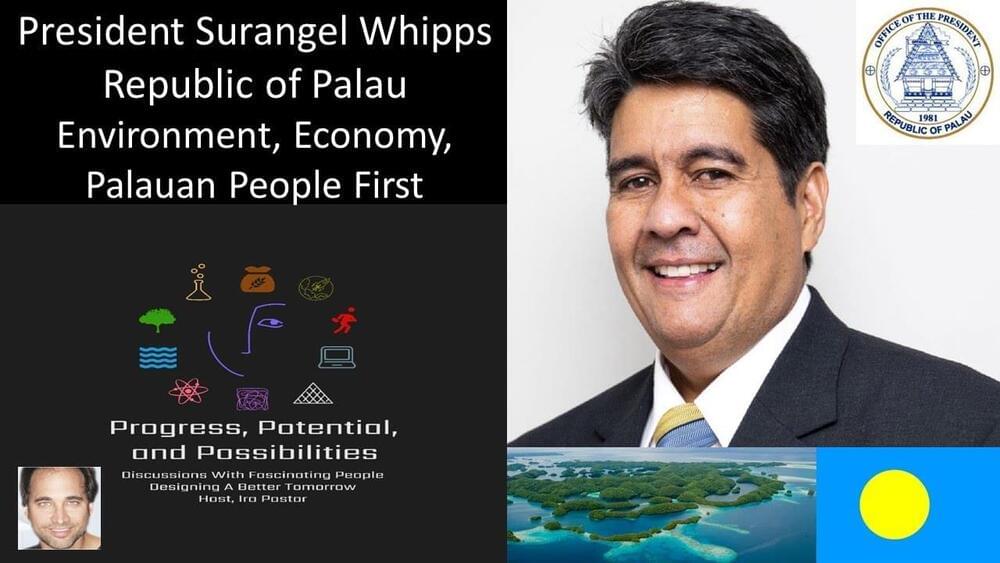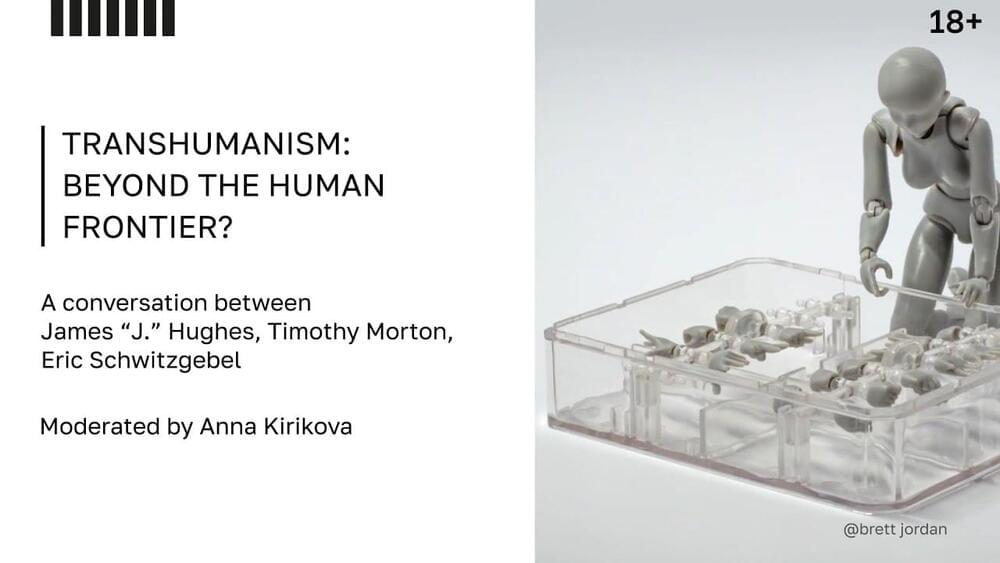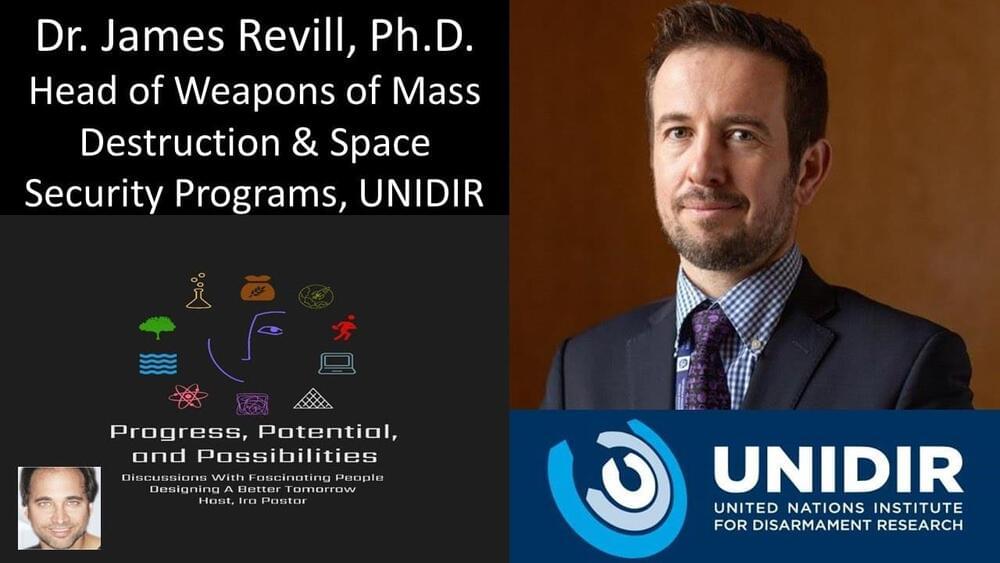Dec 5, 2022
CMS completes the release of its entire Run-1 proton-proton data
Posted by Dan Kummer in categories: particle physics, policy
All proton-proton data collected by the CMS experiment during LHC Run-1 (2010−2012) are now available through the CERN Open Data Portal. Today’s release of 491 TB of collision data collected during 2012 culminates the process that started in 2014 with the very first release of research-grade open data in experimental particle physics. Completing the delivery of Run-1 data within 10 years after data taking reaffirms the CMS collaboration’s commitment to its open data policy.
The newly released data consist of 42 collision datasets from CMS data taken in early and late 2012 and count an additional 8.2 fb-1 of integrated luminosity for anyone to study. Related data assets, such as luminosity information and validated data filters, have been updated to cover the newly released data.
To foster reusability, physics analysis code examples to extract physics objects from these data are now included as CERN Open Data Portal records. This software has been successfully used to demonstrate the intricacies of the experimental particle data in the CMS Open Data workshop during the last three years. In addition, the CMS Open Data guide covers details of accessing physics objects using this software, giving open data users the possibility to expand on this example code for studies of their own interest.


















